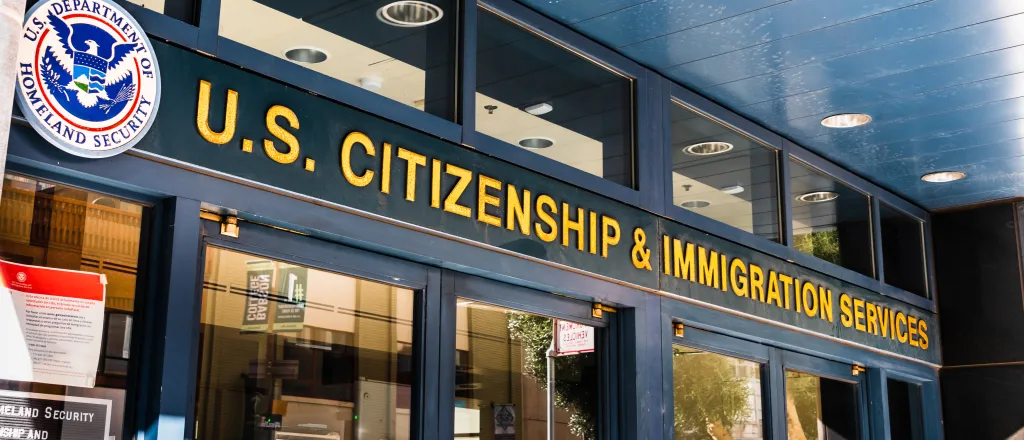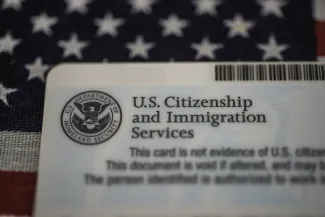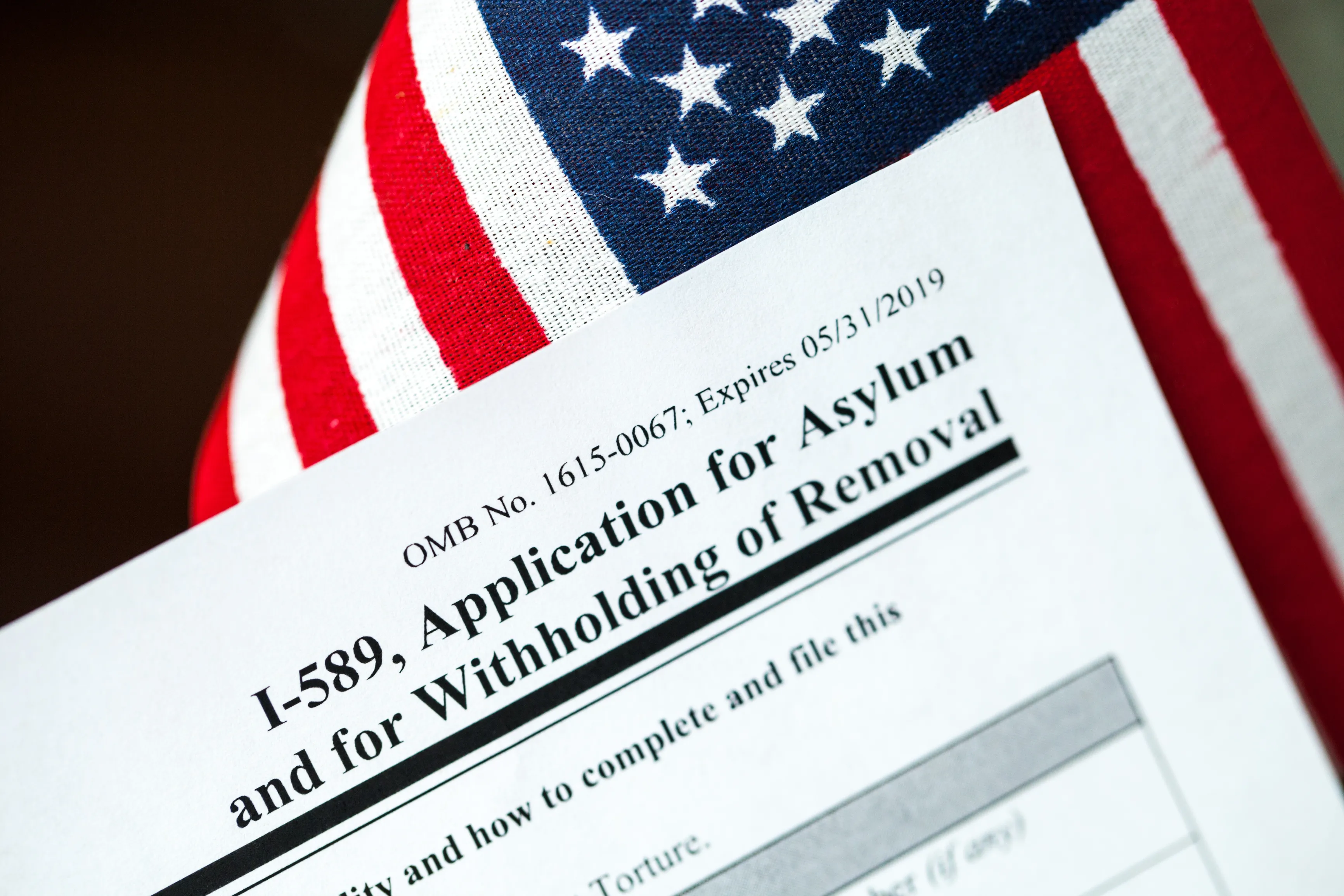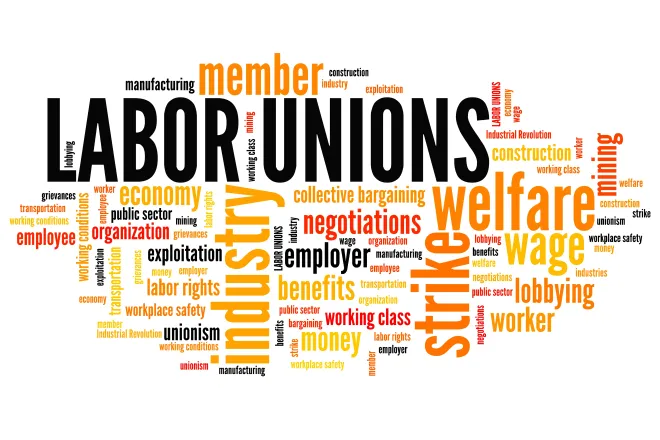
Coalition: Immigrants needed for Nebraska economy, communities
© Sundry Photography - iStock-1189510256
Click play to listen to this article.
(Nebraska News Connection) A diverse new coalition of dozens of Nebraska organizations is drawing attention to the state's need for more immigrants.
Members of the Nebraska Alliance for Thriving Communities maintain immigrants are vital for the state's economy and communities to thrive and stress the need for immigration reform. Nebraska currently has one of the lowest unemployment rates in the country and this summer had twice as many open jobs as unemployed residents.
Bryan Slone, president of the Nebraska Chamber of Commerce and Industry, said the group held public events all over the state to get community input and understand the issues.

"From political left, right, center but also urban, rural, there is lots of broad support," Slone pointed out. "Having all these 60 different kinds of organizations come together around common principles proves the point."
A number of Nebraska industries are suffering from a lack of workers, including health care and the state's two largest, agriculture and manufacturing. Slone noted having too few young people to replace retiring Baby Boomers is part of the problem and said this could be "just the tip of this workforce issue." In addition to state and federal legislative changes, he pointed out communities will have to develop the infrastructure they will need to accommodate new immigrant families.
Slone reported one issue that came up repeatedly is how "broken" the country's work visa program is. It makes it difficult for Nebraska's ag industry to have experienced seasonal workers return year after year. And refugees who have been vetted and cleared by the State Department often wait months for a work visa.
"They've been settled and now they can't go to work," Slone observed. "That's the worst thing that can happen to a refugee family that comes to the United States, to not be allowed to work. And so basically, they're relying on social services for a while. And these are hardworking, very well-qualified people that we've invited to our country."
Sue Martin, president and secretary-treasurer of the Nebraska State AFL-CIO, added the citizenship process for immigrants needs to be streamlined.
"To create stability for our friends and co-workers who contribute so much to Nebraska workplaces and yet continue to live with daily uncertainty, so they can stay in Nebraska and continue working," Martin urged.
Martin said it would also help for the state to be more welcoming to immigrants.
In addition to the health care, meatpacking and manufacturing sectors, Martin emphasized the state's building and trades industry also needs many more workers.
"We've got a lot of federal funding coming in for infrastructure," Martin stressed. "We have a lot of building going on right now and are constantly seeking workers."















